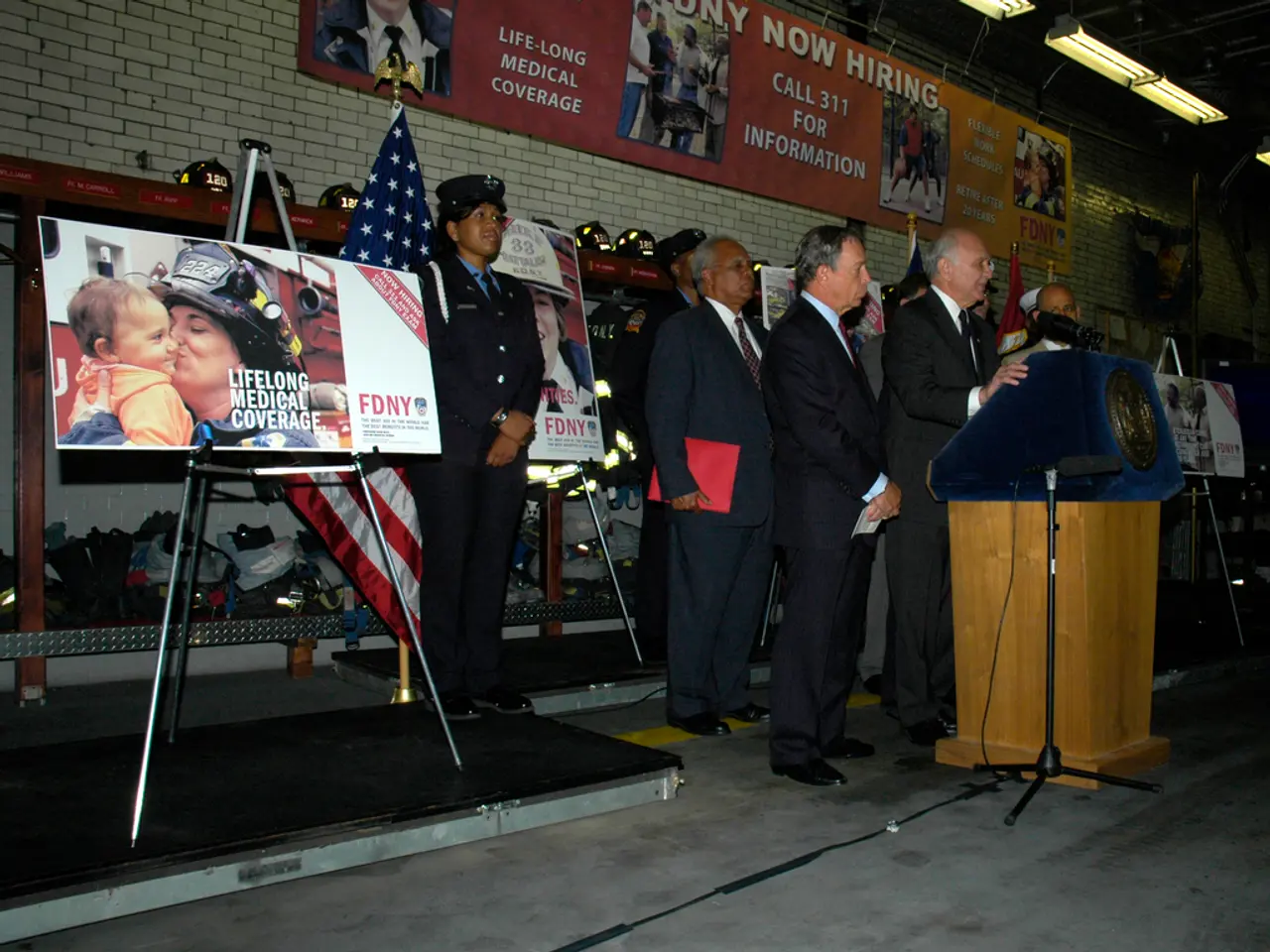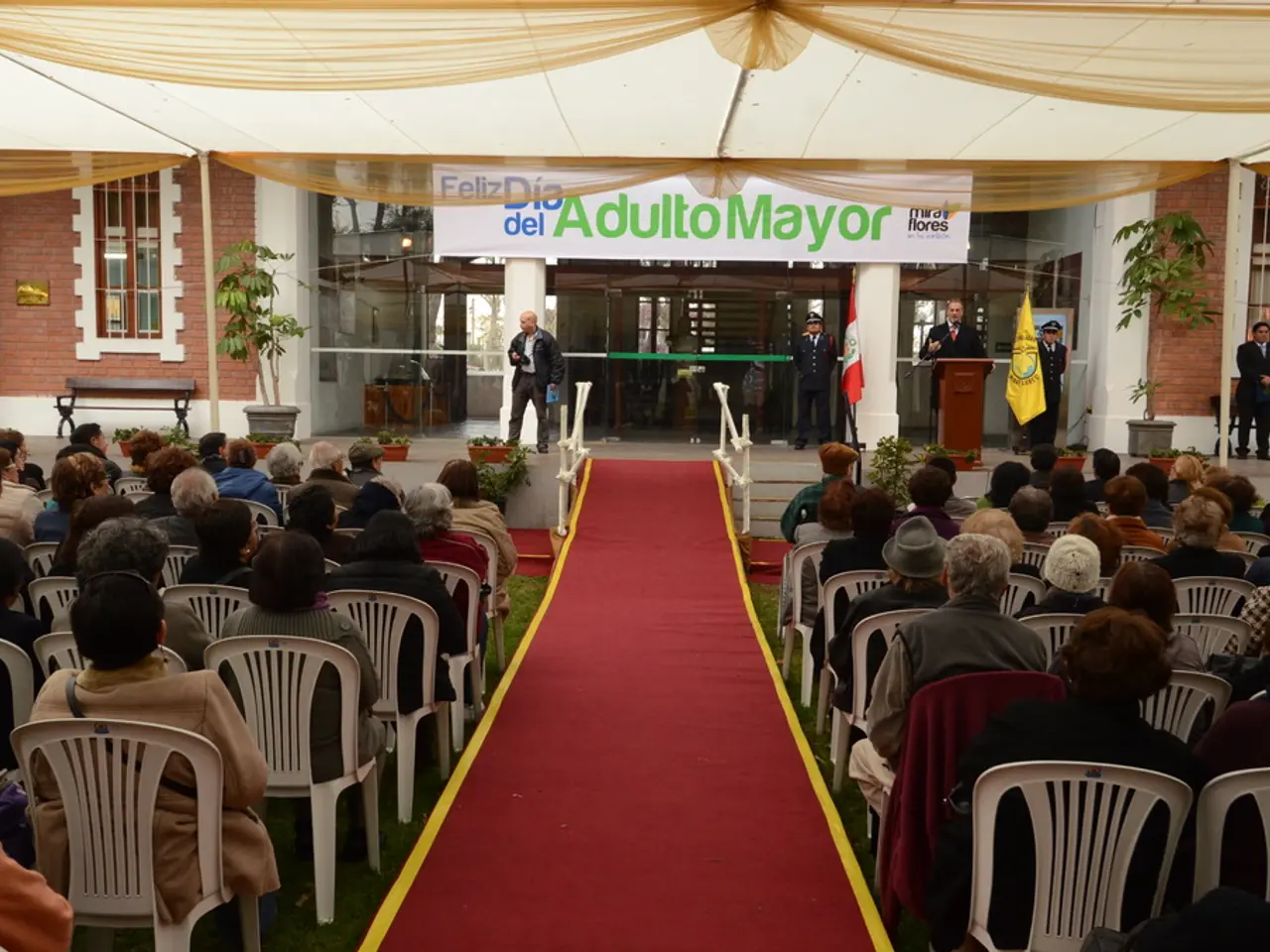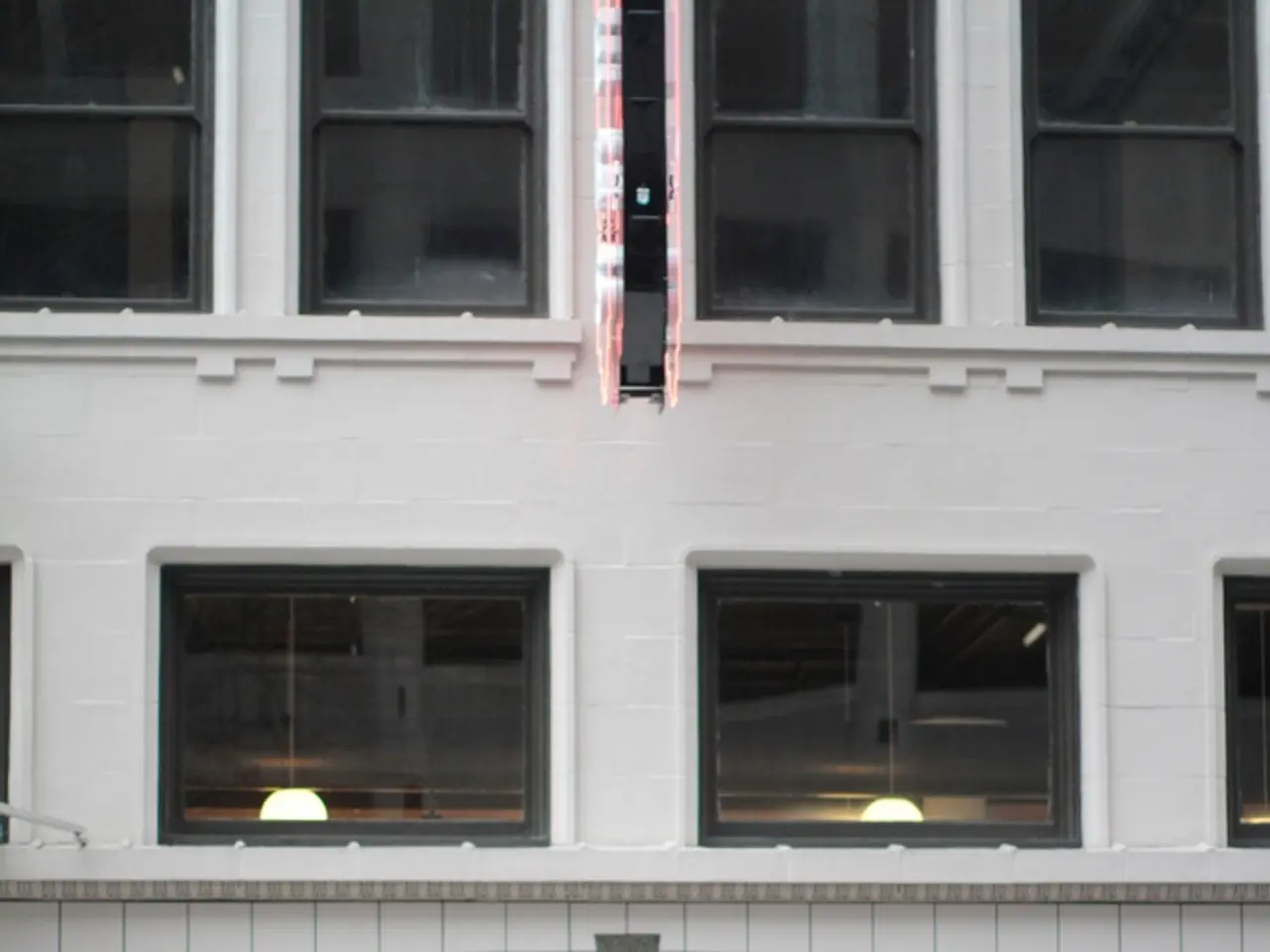Mayor Candidate's Arrest: A Scuffle with ICE in New York's Courts
New York court temporarily holds local politician Brad Lander under ICE custody. - ICE agents apprehended Brad Lander, a local politician, in a New York court.
In the bustling city of New York, a Democratic mayoral contender found himself in a heated clash with the Immigration and Customs Enforcement (ICE) agency. Brad Lander, a third-place candidate in the upcoming Democratic primaries, was temporarily arrested last Tuesday in a Manhattan court. Eyewitness accounts and U.S. media footage captured the dramatic scene.
Lander was there to support immigrants at risk of deportation, and things took a turn when ICE officers attempted to separate him from the individual he was aiding. The ensuing scuffle resulted in a chokehold, forcing Lander to let go of the immigrant.
Declaring, "You have no authority to arrest U.S. citizens who are seeking judicial warrants," Lander initially demanded the officers present the warrant for the immigrants. In the wake of the incident, New York State's Attorney General, Letitia James, labeled it "shocking." She asserts, "Nobody should feel fear or intimidation in a court."
Tougher Stance Amid Political Tensions
With the mayoral primaries just days away, the tension exists palpably in the air. Trump, on the other hand, has announced a stricter stance on irregular immigrants in cities like New York, governed by Democrats. The President had deployed the National Guard and soldiers against protests in Los Angeles—an action against the will of Governor Gavin Newsom.
Last Thursday in Los Angeles, another incident occurred. California Senator Alex Padilla, yet another Democrat, was forcibly removed from a press conference by Homeland Security Secretary Kristi Noem when he attempted to ask a question. Security personnel also handcuffed him.
- New York
- Democrats
- ICE
Behind the Scenes: A Pattern of Confrontation
The incidents involving Democratic politicians, such as Lander's arrest, trace back to the Trump administration's aggressive immigration enforcement policies. These politicians often publicly oppose, witness, or physically intervene in ICE actions, escalating conflicts with federal agents.
For example, New York City Comptroller and Democratic mayoral candidate Brad Lander was handcuffed by ICE agents at an immigration court in Manhattan. He was there observing hearings and trying to escort immigrants out of the court. Video footage showed him being restrained after a tussle with agents attempting to separate him from the detainee. Lander, being a U.S. citizen, objected to the arrest, while the Department of Homeland Security alleged he assaulted and impeded law enforcement officials[1][2].
This arrest is part of a broader pattern under the Trump administration, as several Democratic officials have been arrested, detained, or charged in connection with immigration enforcement actions. Such incidents include Milwaukee Judge Hannah Dugan’s arrest for defending an undocumented defendant, Newark Mayor Ras Baraka’s arrest during an ICE protest, and California Senator Alex Padilla's forcible removal at a Homeland Security press conference. These confrontations highlight the administration’s objective of using federal law enforcement forcefully against immigrants and their supporters, a viewpoint Democrats argue undermines civil rights and democratic norms[3]. In response, the administration argues these arrests are necessary law enforcement measures and accuses the politicians of seeking sensational headlines.
- In the ongoing tensions between Democrats and the Trump administration, New York's Democratic mayoral candidate, Brad Lander, found himself in a heated altercation with ICE agents, mirroring a pattern of confrontations between Democratic officials and federal authorities over immigration enforcement.
- As the mayoral primaries approach, amidst growing political tensions and stricter immigration policies under the Trump administration, incidents like Lander's arrest in New York are a stark reminder of the broader conflicts between federal agencies and Democratic policymakers, escalating concerns surrounding civil rights and democratic norms.





